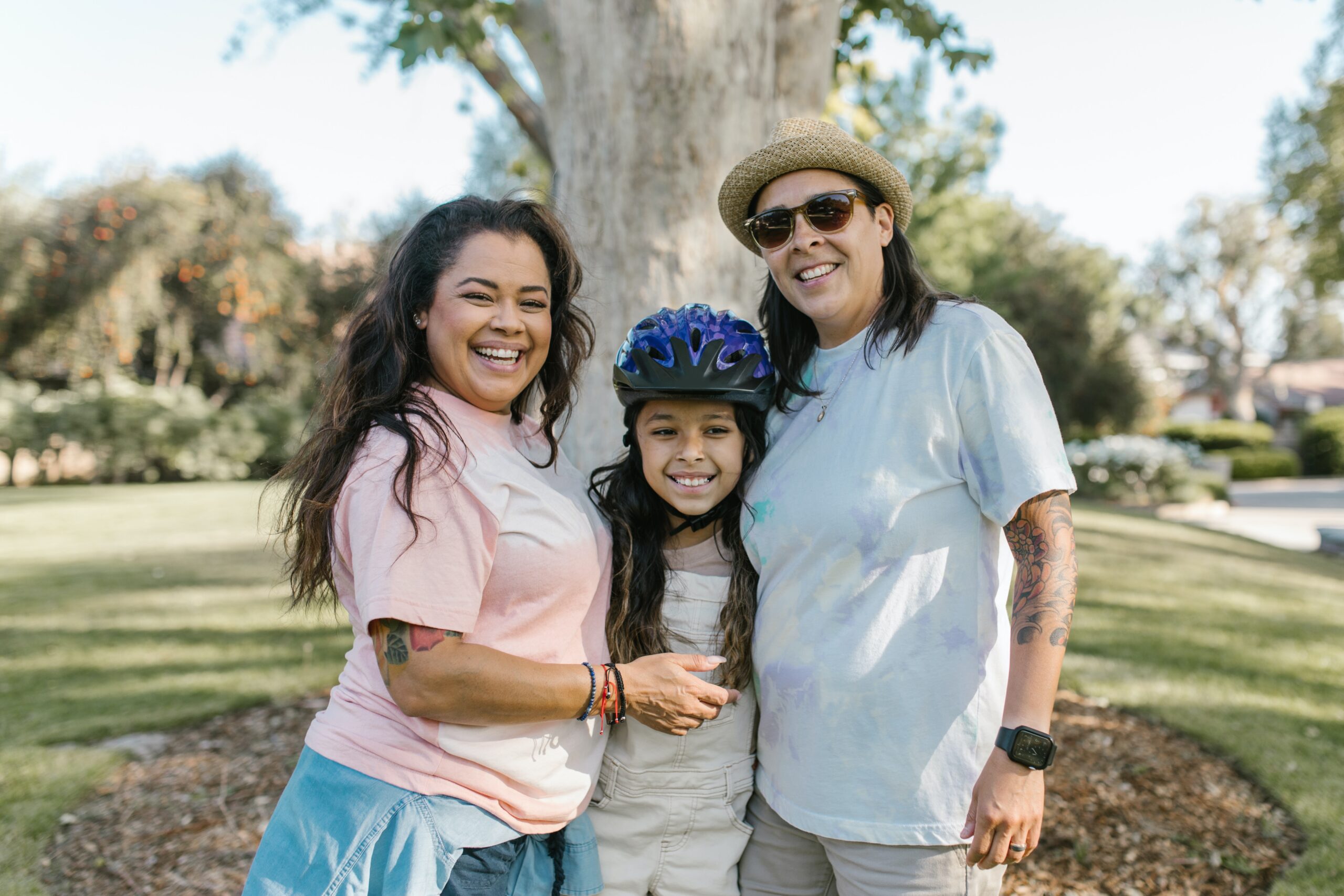
11 Positive Parenting Tips Every Parent Should Know
According to the American Academy of Pediatrics, by the time children have reached the fifth grade, around 80 percent of them have been physically punished.
They also report that physical punishment, which includes spanking and hitting, has been shown to be ineffective and lead to more aggressive behavior. They recommend that parents use more effective parenting practices, which is something that the Centers for Disease Control and Prevention (CDC) refers to as positive parenting.

“Positive parenting focuses on teaching children what type of behavior is acceptable through means that are more effective and positive,” explains Reena B. Patel, a parenting expert, licensed educational psychologist, and author. “When we focus on positive parenting techniques, we get the desired behavior we want and we help to create children who are mentally healthier and better adjusted.”

Parenting styles, including whether or not parents take a positive or punitive approach to discipline, can have an impact on the child’s development. According to recent research published in the journal International Quarterly of Community Health Education, parenting styles influence whether or not adolescents have poor self-esteem, and those who do have poor self-esteem are prone to experiencing many challenges. Their study, which included over 500 pupils, concluded that there is a significant association between parenting styles and adolescents’ self-esteem.
Positive parenting helps to create children who have healthy self-esteem, are less aggressive, and who tend to have better family bonds. Yet many parents are not sure where to start when it comes to carrying out positive parenting practices. Patel has spent over 20 years working with families to help them adopt supportive and effective positive parenting practices.
Here are 11 positive parenting practices that Patel recommends families adopt:
1. Give your child lots of nurturing physical attention – children like hugs, cuddles and holding hands.
2. Children are more likely to misbehave when they are bored, so provide lots of engaging indoor and outdoor activities for your child such as play dough, coloring, cardboard boxes, dress ups, blanket tents, etc.
3. Set clear limits on your child’s behavior. Sit down and have a family discussion on the family rules in your home. Let your child know what the consequences will be if they break the rules. Rules should be few, fair, easy to follow, enforceable, and positively stated (ex: Stay close to dad in the store; Use a pleasant voice; Wash your hands before meals.)
4. If your child misbehaves, stay calm and give them clear instruction to stop misbehaving and tell them what you would like them to do instead. (ex: “Stop throwing. Play with the truck on the ground.”) Use specific praise with your child if they stop (ex: “Thank you for playing with the truck on the ground.”)
5. Have realistic expectations. All children misbehave at times, and it is inevitable that you will have some discipline challenges. Trying to be the perfect parent can set you up for frustration and disappointment.
6. Look after yourself. It is difficult to be a calm, relaxed parent if you are stressed, feeling anxious or down. Try to find time every week to let yourself unwind or do something that you enjoy. I know as parents it is difficult to do, but give yourself permission to take time for yourself.
7. Children need positive attention. If they do not receive positive attention from family, they may choose to seek out negative attention. This is because negative attention is still attention, and any attention is better than being ignored. Remember to communicate with your child. Love and care are the greatest healers.
8. Punishing a child is not as effective as using praise and rewards. Rather than focusing on weaknesses, find ways to assist your child in developing to his or her full potential. When encouraged, children will acquire talents to compensate for any deficiencies.
9. Avoid negative emotional reactions, such as anger, sarcasm, and ridicule. If your child has problems with control, negativity will only make him or her feel worse. Use short and mild verbal phrases/acronyms to remind your child to focus, like “L P.A.,” for “let’s pay attention.”
10. Parent by example. (Model what you expect) Think of your kids like copy machine who will mimic everything you do. If you make poor choices in behavior, you are giving them permission to act in the same ways. Check in with yourself, and don’t lose it in front of the children.
11. Don’t give up on your child, ever! All of your child’s problems can be worked through with humor, goodwill, and perseverance. With proper parental support, even the most troublesome teens can become amazing people.

“When we take compassion and kindness into parenting practices, we are going to have much better outcomes and the whole family is going to be happier and healthier,” added Patel. “If you are not used to using positive parenting practices, it may take a little adjusting, but stick with it, and you will see and love the results.”

Patel is the founder of Autism & More, and as a licensed educational psychologist and guidance counselor, she helps children and their families with the use of positive behavior support strategies across home, school, and in community settings. She does workshops around California, where she provides this information to health professionals, families, and educators. She is also the author of two children’s books that teach compassion and kindness, called “My Friend Max: A Story About a Friend with Autism,” and “Winnie & Her Worries,” both available on Amazon.
To learn more, visit the website at www.reenabpatel.com.













Emma
Creating a big happy family is an important goal for many of us. This is a great value and a great responsibility. This is a gift that is not given to everyone. But medicine will help everyone who wants to fulfill the dream of cherished parenthood, here https://ovogenebank.com/blog/how-to-choose-an-egg-donor-7-important-factors-for-intended-parents.html you can find a lot of important information that future parents should know
Rosie
Despite all the advice, there are different situations in life. But even when the parents are no longer together, it is important to take care of the good upbringing of the child. There are special applications that will allow you to control this. I advise you to study in detail shapellx reviews first